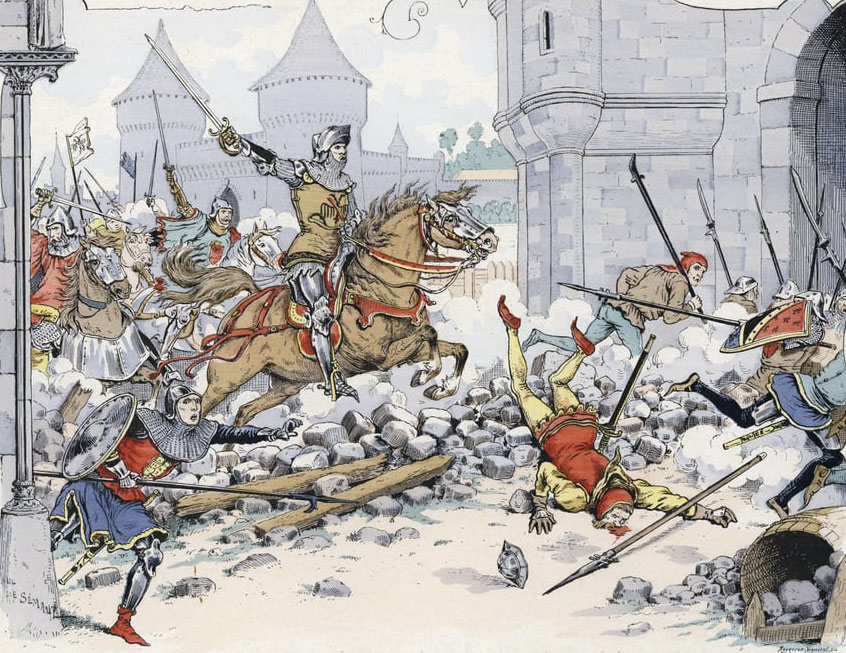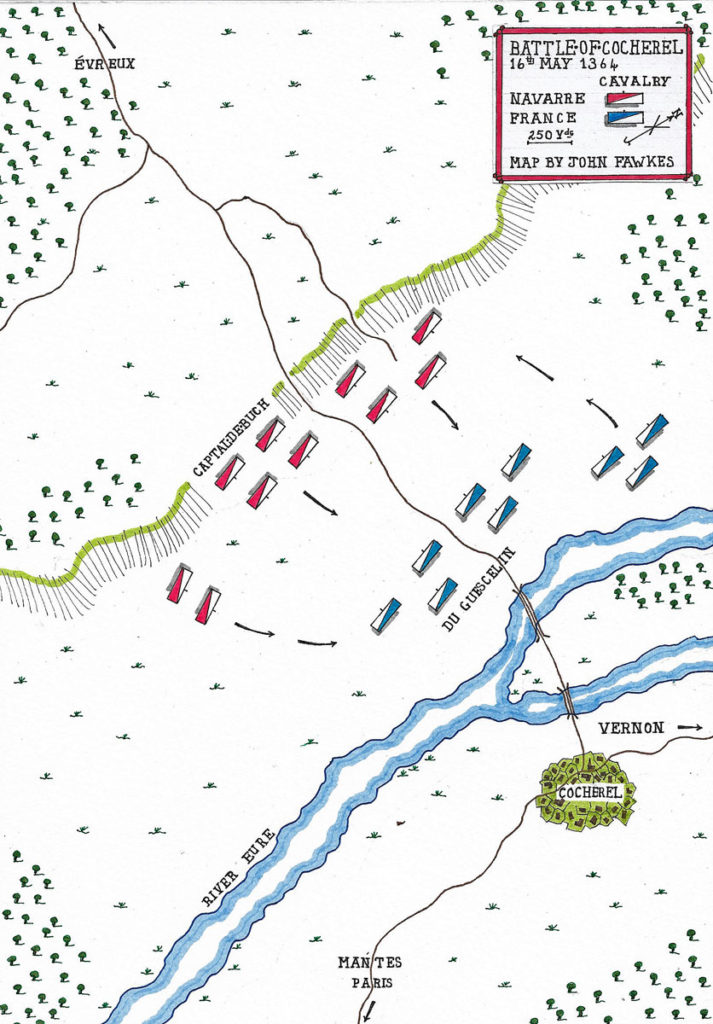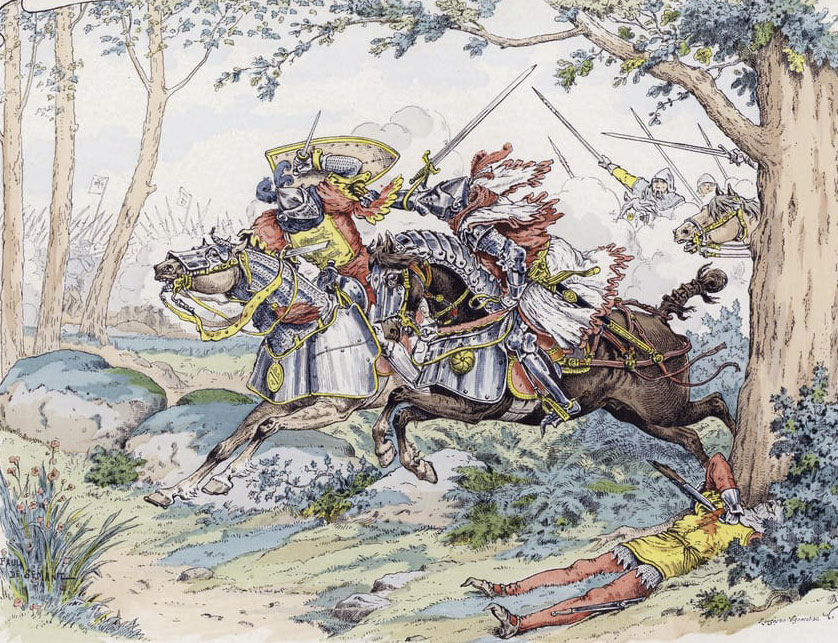The battle in Normandy on 16th May 1364 during the Hundred Years War between armies led by the Captal de Buch and Bertrand du Guescelin
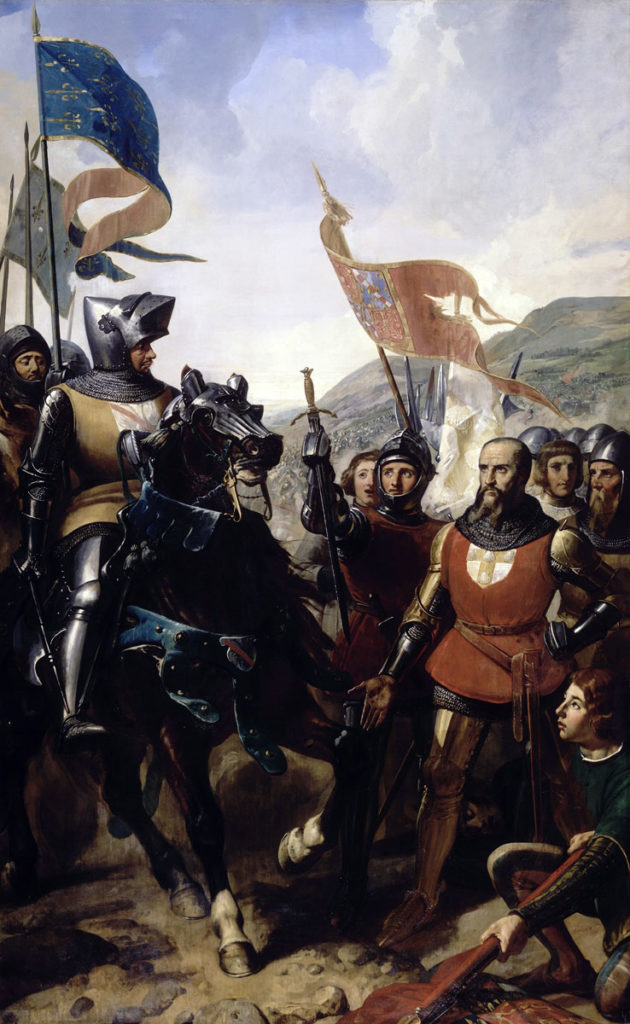
The previous battle of the Hundred Years War is the Battle of Poitiers
The next battle of the Hundred Years War is the Battle of Auray
War: Hundred Years War.
Date of the Battle of Cocherel: 16th May 1364
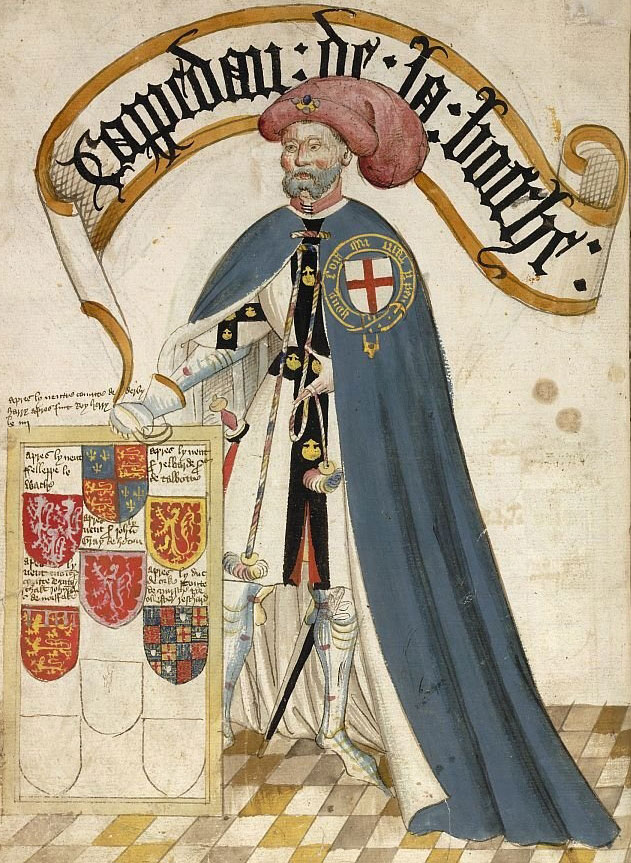
Commanders at the Battle of Cocherel: Jean III de Grailly, the Captal de Buch, commanded the troops of Charles of Évreux, King of Navarre, against Bertrand du Guescelin leading the army of King Charles V of France,
Place of the Battle of Cocherel: at the crossing of the River Eure near the village of Cocherel in Normandy, on the road from Évreux to Paris.
Combatants at the Battle of Cocherel: The Captal de Buch commanded a force of Navarrese, Norman, English, Breton and Gascon soldiers.
Du Guescelin’s army comprised French, Bretons, Normans and Gascons.
Size of the armies at the Battle of Cocherel: The army of the Captal de Buch numbered around 1,500 men. The French army of du Guescelin numbered around 1,200 men.
Uniforms, arms and equipment at the Battle of Cocherel:
Each force comprised mounted knights and men-at-arms.
Depending on their means, the men-at-arms wore chain mail with steel helmets and steel elbow and knee pieces and carried swords, spears, maces, clubs and daggers.
Knights increasingly wore steel plate armour with visored helmets. Their weapons were lance, shield, sword, various forms of mace or club and dagger. Some carried two-handed swords in battle. Each knight wore his coat of arms on his surcoat, shield and banner.
Winner of the Battle of Cocherel: Du Guescelin’s army won the battle for the French king.
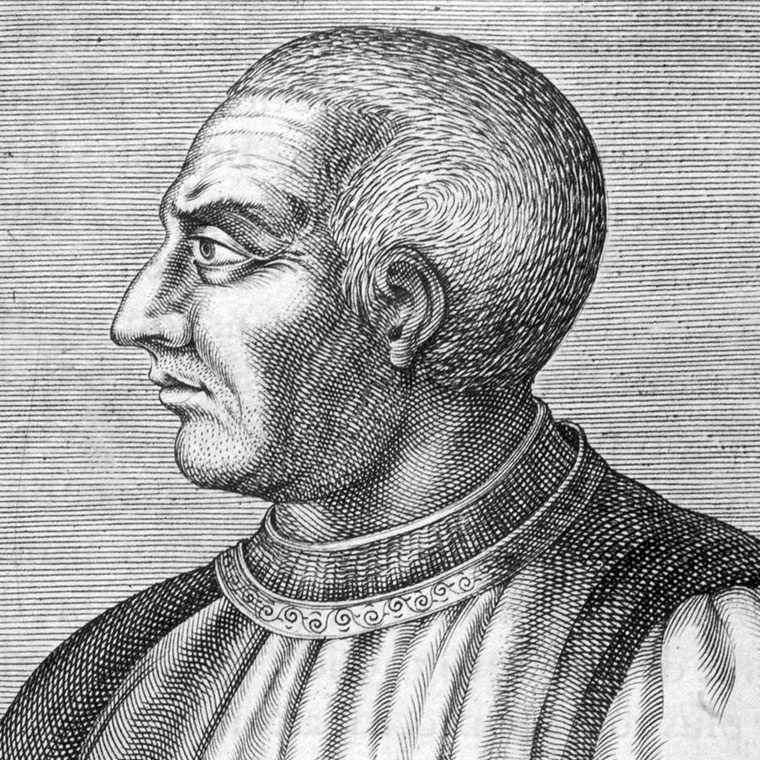
Events leading to the Battle of Cocherel:
The 100 Years War between England and France started in 1345, leading to the English victories at the battles of Creçy and Poitiers and the English occupation of parts of Northern France.
During the course of the war between England and France a number of civil wars were waged, involving Flanders, Brittany, Normandy, Aquitaine and other areas.
The war between England and France was put on hold by the Treaty of Brétigny of 1360.
The French King John II was captured by the English at the Battle of Poitiers and spent much of the rest of his life in English custody, trying to raise the enormous ransom demanded by the English King Edward III for his release.
King John II of France died in England on 8th April 1364.
A substantial body of the French aristocracy felt that the troubles of France were due to the incompetence of the King’s administration.
The leading figure in this restless movement was Charles of Évreux, the King of Navarre, known as ‘Charles of Navarre’.
Charles of Navarre was the sovereign of the small Spanish kingdom of Navarre, situated in the northern Pyrenees and the lord of a substantial section of Normandy in Northern France and parts of Picardy and Maine.
Jean III de Grailly, the Captal de Buch, a Gascon knight was the commander of the army of Charles of Navarre.
In March 1364 the Captal de Buch marched from Navarre through Aquitaine with Charles of Navarre’s army, heading for Northern France.
A French army commanded by the son of the Comte d’Auxerre and Bertrand du Guescelin gathered to capture the fortress of Rolleboise in Normandy from its Navarrese garrison.
In April 1364 the French stormed the fortress of Rolleboise, held by a Navarrese garrison, before going on to take Mantes, Vetheuil and Meulan.
The Captal de Buch arrived with the main Navarrese army in Normandy at the end of April 1364 to hear of the losses of towns controlled by Charles of Navarre’s men.
The Captal marched to Évreux and began to gather troops from all the sources of reinforcement available to him: men from the Navarrese garrisons captured by the French, English and Navarrese troops from garrisons further to the west, Lower Normandy and Maine, English companies from Brittany and Gascons from Berry, Nivernais and Bourbonnais, with the leaders, John Jewell and Bascon de Mareuil.
Account of the Battle of Cocherel:
On 14th May 1364, the Captal de Buch marched out of Évreux with his army of some 1,500 men, heading east towards Vernon and Mantes.
Arriving on the heights above the River Eure, the Captal de Buch found du Guescelin’s army formed up in front of the bridge over the river.
Both armies comprised mounted knights and men-at-arms.
Du Guescelin’s army of around 1,200 men included Gascon mercenaries engaged by the French government.
Hearing that he was about to fight fellow Gascons, the Captal de Buch is said to have held his head in his hands and muttered ‘By St Anthony’s head Gascon against Gascon!’
Two commanders with troops under du Guescelin stayed away from the battle to avoid fighting the Captal de Buch, the Gascon, Lord d’Albret, the Captal’s brother-in-law and the commander known as the ‘Archpriest’, Arnaud de Cervole, his close friend.
The two armies confronted each other during 14th and 15th May 1364 without moving.
On 16th May 1364 sections of du Guescelin’s army began to withdraw towards the bridge over the River Eure.
It seems likely that the French did not have the supplies to continue the confrontation on the hillside.
The Captal de Buch sent a detachment of his cavalry to circle behind the withdrawing French and cut them off from the bridge.
The rest of the Navarrese army advanced down the hillside towards du Guescelin.
With a blaring of trumpets and the yelling of war cries the two armies clashed.
The battle is described as one of the bloodiest fights of the period.
The Captal de Buch is said to have been seen laying about him with an axe.
Du Guescelin mortally wounded Bascon de Mareuil.
The Navarrese, the larger and more experienced force was gaining the upper hand, when du Guescelin ordered his reserve of Breton cavalry to advance around the Navarrese flank and attack them in the rear.
The move was decisive. The Captal de Buch’s army began to fall back in what quickly became a rout.
The Captal de Buch stood his ground with fifty devoted followers until he was wounded, thrown to the ground and captured by a Breton squire, the rest of his party being killed or captured.
The Navarrese army was pursued through the countryside by du Guescelin’s victorious men.
Casualties at the Battle of Cocherel:
Most of the Captal de Buch’s army was killed or dispersed.
The only leader of the army to escape was Robert Scot, a notorious routier captain in the Navarrese service.
The Bascot de Mauleon is said to have been captured by his cousin.
The majority of the casualties were, as often the case in battles of the period, inflicted during the rout after the battle had been decided.
Casualties on the victor’s side were significantly fewer.
Follow-up to the Battle of Cocherel:
The new king of France, Charles V, received the news of du Guescelin’s victory at Cocherel on 18th May 1364.
On the following day Charles V was crowned King of France in Reims Cathedral.
One of the new king’s first acts was to confirm his younger brother Philip in the duchy of Burgundy, the prestigious and powerful office sought by Charles of Navarre.
This act ensured the continuation of the war between the King of Navarre and the French state.
In 1370 Charles V made du Guescelin Constable of France.
Anecdotes and traditions from the Battle of Cocherel:
- Jean de Grailly, the Captal de Buch, a Gascon and later the Constable of Aquitaine, was a close associate of the Black Prince. He led the decisive attack on the French flank and rear at the Battle of Poitiers on 19th September 1356. After his capture by the French at the Battle of Cocherel he resisted the blandishments of the King of France to change sides and died in prison in Paris in 1376, soon after hearing of the death of the Black Prince. The Captal de Buch was one of the founding Knights of the Garter, King Edward III’s military order, in 1356.
References for the Battle of Cocherel:
Trial by Fire, Volume II of the four-volume record of the Hundred Years War by Jonathan Sumption.
The Art of War in the Middle Ages Volume Two by Sir Charles Oman.
The previous battle of the Hundred Years War is the Battle of Poitiers
The next battle of the Hundred Years War is the Battle of Auray
